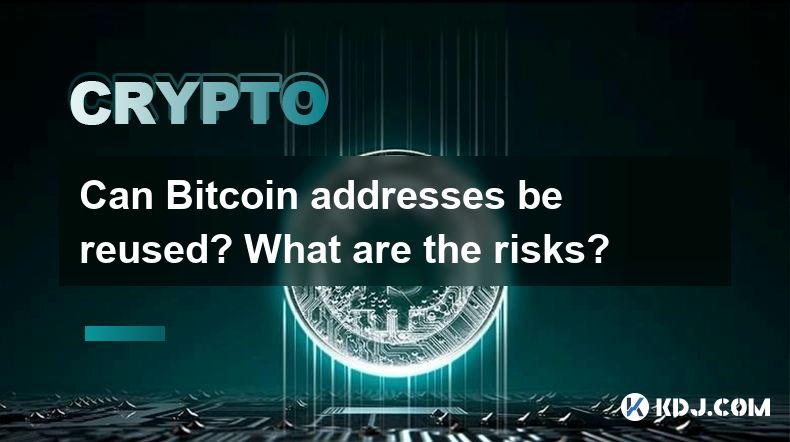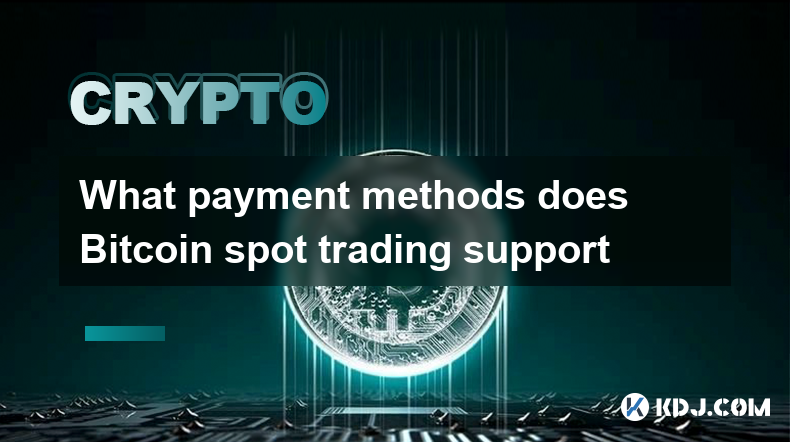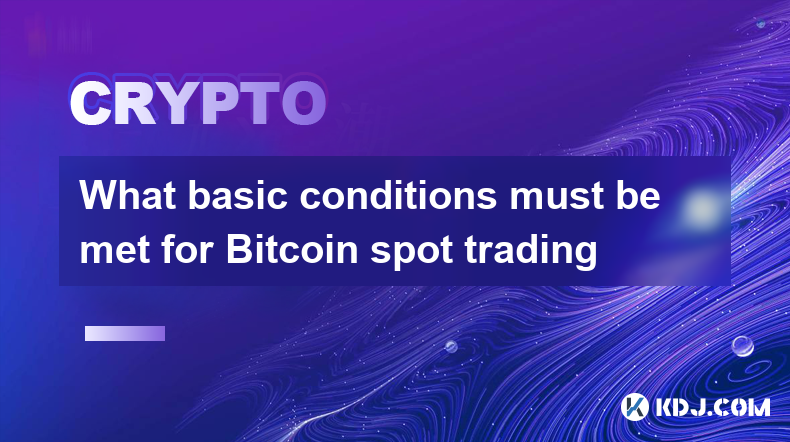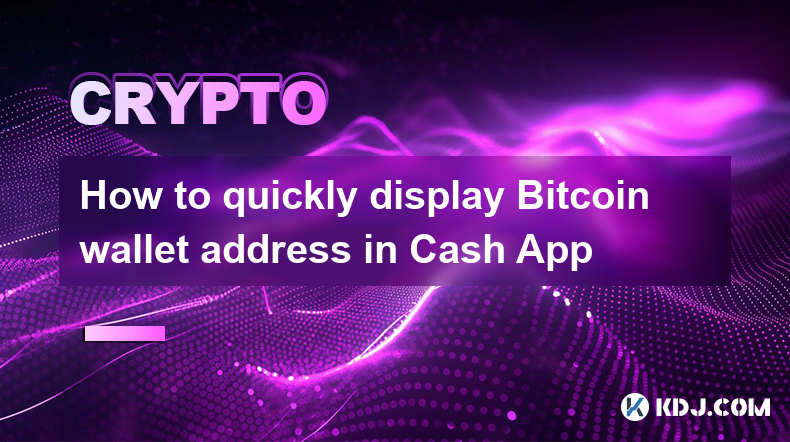-
 Bitcoin
Bitcoin $82,696.1143
0.72% -
 Ethereum
Ethereum $1,828.3212
0.76% -
 Tether USDt
Tether USDt $0.9998
-0.01% -
 XRP
XRP $2.0794
-2.21% -
 BNB
BNB $605.6801
0.36% -
 Solana
Solana $124.4539
-1.23% -
 USDC
USDC $1.0000
0.00% -
 Dogecoin
Dogecoin $0.1672
-0.10% -
 Cardano
Cardano $0.6622
0.57% -
 TRON
TRON $0.2362
1.34% -
 Toncoin
Toncoin $4.1058
5.15% -
 Chainlink
Chainlink $13.5761
0.95% -
 UNUS SED LEO
UNUS SED LEO $9.1391
0.38% -
 Stellar
Stellar $0.2629
-1.59% -
 Avalanche
Avalanche $18.8187
-0.45% -
 Shiba Inu
Shiba Inu $0.0...01252
0.28% -
 Sui
Sui $2.2694
-2.45% -
 Hedera
Hedera $0.1623
-2.25% -
 Polkadot
Polkadot $4.0331
-0.45% -
 Litecoin
Litecoin $83.2798
-3.16% -
 MANTRA
MANTRA $6.2554
0.50% -
 Bitcoin Cash
Bitcoin Cash $303.2076
1.01% -
 Bitget Token
Bitget Token $4.5562
-0.06% -
 Dai
Dai $0.9999
-0.01% -
 Ethena USDe
Ethena USDe $0.9999
-0.02% -
 Pi
Pi $0.7112
-7.05% -
 Hyperliquid
Hyperliquid $13.0022
3.83% -
 Monero
Monero $215.5095
-0.63% -
 Uniswap
Uniswap $5.9868
1.17% -
 Aptos
Aptos $5.2701
-0.90%
Can Bitcoin addresses be reused? What are the risks?
Reusing Bitcoin addresses compromises privacy and security; generate a new address for each transaction to protect your funds and personal information.
Mar 26, 2025 at 08:42 pm

Understanding Bitcoin Address Reusability
Bitcoin addresses, unlike bank accounts, are essentially public keys derived from your private key. While you can reuse a Bitcoin address, doing so carries significant privacy and security risks. The core issue lies in the fact that every transaction involving an address is recorded permanently and publicly on the blockchain. This transparency allows anyone to see the transaction history associated with a specific address.
Privacy Concerns of Reusing Bitcoin Addresses
Reusing a Bitcoin address links all transactions made to that address. This creates a trail that reveals the total amount received at that address, potentially revealing your overall Bitcoin holdings. This is a major privacy concern, as it undermines the anonymity often associated with cryptocurrency transactions. Sophisticated analysis tools can link multiple addresses back to a single individual, thereby compromising your privacy.
Security Risks of Reusing Bitcoin Addresses
Reusing addresses increases your vulnerability to various attacks. If a transaction to your address is compromised (e.g., through a phishing scam or malware), the attacker gains access to all past and future transactions associated with that address. This allows them to potentially drain all your funds. Furthermore, reusing addresses makes it easier for attackers to track your spending habits and potentially target you for future attacks.
Best Practices: Generating New Addresses for Each Transaction
To mitigate these risks, it's crucial to generate a new Bitcoin address for each transaction. Most Bitcoin wallets automatically generate a new address each time you receive funds. This is the recommended and safest practice to maintain your privacy and security. This simple step significantly reduces the risk of compromising your funds and personal information.
- Generate a new address for each transaction: This is the single most important step to enhance your privacy and security.
- Use a reputable and secure wallet: Choose a wallet with a strong reputation and proven security features.
- Enable two-factor authentication (2FA): Add an extra layer of security to protect your wallet from unauthorized access.
- Regularly back up your wallet: This ensures you can recover your funds in case of loss or theft.
- Be cautious of phishing scams and malware: These can compromise your wallet and steal your Bitcoin.
Understanding the Blockchain's Transparency
The blockchain's public and transparent nature is both its strength and its weakness. While this transparency ensures accountability and trust, it also exposes the transaction history of every address. Reusing addresses compromises this inherent privacy, making your Bitcoin holdings and spending habits more visible. Understanding this trade-off is crucial for responsible Bitcoin usage.
The Importance of Privacy in Cryptocurrency
Privacy is a paramount concern in the cryptocurrency space. While Bitcoin transactions are pseudonymous, not anonymous, reusing addresses significantly reduces this pseudonymous nature. Protecting your privacy is essential, not just for personal reasons, but also to prevent potential legal and regulatory issues that may arise from easily traceable transactions. Maintaining privacy through address non-reuse is a crucial aspect of responsible cryptocurrency ownership.
Different Types of Bitcoin Wallets and Address Generation
Different Bitcoin wallets handle address generation in different ways. Some wallets automatically generate a new address for each transaction, while others might require manual generation. Understanding how your specific wallet manages addresses is critical. Always consult your wallet's documentation to ensure you are using it correctly and securely. Choosing a wallet with robust address management features is a crucial step in protecting your Bitcoin.
Advanced Techniques for Enhanced Privacy
While generating a new address for each transaction is the most effective method, advanced techniques like CoinJoin and mixing services can further enhance your privacy. These techniques obfuscate the origin and destination of your transactions, making it significantly harder to trace your Bitcoin activity. However, it's crucial to carefully research and choose reputable services to avoid scams and potential security risks.
The Role of Privacy Coins
Privacy coins, like Monero and Zcash, are designed to offer enhanced privacy features compared to Bitcoin. These coins use cryptographic techniques to obscure transaction details, making it significantly more difficult to track the sender and recipient of funds. If privacy is your utmost concern, considering privacy coins might be a viable alternative. However, it's important to understand the technical complexities and potential trade-offs involved.
Frequently Asked Questions
Q: Can I reuse a Bitcoin address if I only receive small amounts?
A: While the risk is arguably lower with smaller amounts, it's still best practice to use a new address for each transaction. The cumulative effect of multiple small transactions linked to a single address still compromises your privacy.
Q: What happens if I accidentally reuse a Bitcoin address?
A: Accidentally reusing an address doesn't immediately result in a loss of funds. However, it increases your vulnerability to various attacks and significantly reduces your privacy.
Q: Are all Bitcoin wallets designed to automatically generate new addresses?
A: No, not all wallets automatically generate new addresses. Some wallets require manual generation. Check your wallet's documentation to understand its address management capabilities.
Q: Can I recover my Bitcoin if I lose access to my wallet with reused addresses?
A: If you have properly backed up your wallet's seed phrase, you can recover your Bitcoin regardless of address reuse. However, address reuse still compromises your privacy.
Q: Is it illegal to reuse Bitcoin addresses?
A: Reusing Bitcoin addresses is not illegal in itself. However, it can expose you to various security risks and privacy breaches. The legality of your actions depends on how you use Bitcoin and whether your activities violate any applicable laws.
Disclaimer:info@kdj.com
The information provided is not trading advice. kdj.com does not assume any responsibility for any investments made based on the information provided in this article. Cryptocurrencies are highly volatile and it is highly recommended that you invest with caution after thorough research!
If you believe that the content used on this website infringes your copyright, please contact us immediately (info@kdj.com) and we will delete it promptly.
- PHNIX: The Phoenix of the XRPL Blockchain
- 2025-04-01 10:00:12
- 5 New Cryptos to Watch in 2025 as the Financial Technology Protection Act Reshapes the Industry
- 2025-04-01 10:00:12
- SAFE Has Emerged As the Best-Performing Altcoin of the Day
- 2025-04-01 09:55:11
- BlockDAG – The High-Utility Crypto With $209.5M Presale Momentum
- 2025-04-01 09:55:11
- Bitcoin (BTC) Is Setting Up for a 'Strong Second Half of the Year', Says Fundstrat's Tom Lee
- 2025-04-01 09:50:12
- Why are star, diamond and dot mark given on Indian coins? The reason will surprise you, it is due to…
- 2025-04-01 09:50:12
Related knowledge

What is the time limit for Bitcoin spot trading
Mar 30,2025 at 10:43am
? There's no single, universally applicable 'time limit' for Bitcoin spot trading. Unlike futures contracts which have defined expiration dates, spot trading involves the immediate exchange of Bitcoin for fiat currency (or vice versa). The transaction is executed almost instantly, pending confirmation on the Bitcoin blockchain. However, several factors ...

Does Bitcoin spot trading require identity verification
Mar 31,2025 at 06:08am
? Understanding KYC/AML Regulations in Crypto ExchangesThe question of whether Bitcoin spot trading requires identity verification hinges largely on the exchange you're using. There's no universal requirement for identity verification to trade Bitcoin spot. However, most reputable and larger exchanges operating globally implement Know Your Customer (KYC...

What payment methods does Bitcoin spot trading support
Mar 30,2025 at 12:43pm
? Understanding Bitcoin Spot Trading Payment MethodsBitcoin spot trading refers to the immediate exchange of Bitcoin (BTC) for another currency, typically fiat money like USD, EUR, or another cryptocurrency. Unlike futures or derivatives trading, spot trading involves the actual transfer of Bitcoin at the current market price. The payment methods accept...

How to open a Bitcoin spot trading account
Mar 29,2025 at 12:43pm
Choosing the Right ExchangeOpening a Bitcoin spot trading account involves selecting a reputable cryptocurrency exchange. Several factors are crucial here. Consider the exchange's security features – look for two-factor authentication (2FA) and robust security protocols. Examine trading fees, as these can significantly impact your profits. Check the av...

What basic conditions must be met for Bitcoin spot trading
Mar 29,2025 at 11:43pm
? Understanding the Prerequisites for Bitcoin Spot TradingBitcoin spot trading, unlike futures or derivatives trading, involves the immediate exchange of Bitcoin (BTC) for fiat currency (like USD, EUR, etc.) or another cryptocurrency. To engage in this, several crucial conditions must be met, both on the regulatory and practical fronts. Let's delve into...

How to quickly display Bitcoin wallet address in Cash App
Mar 31,2025 at 06:35am
How to Quickly Display Your Bitcoin Wallet Address in Cash App Cash App, a popular peer-to-peer payment app, allows users to buy, sell, and hold Bitcoin. However, directly displaying your Bitcoin wallet address isn't as straightforward as some other crypto wallets. This article details how to access and share your Bitcoin address within the Cash App eco...

What is the time limit for Bitcoin spot trading
Mar 30,2025 at 10:43am
? There's no single, universally applicable 'time limit' for Bitcoin spot trading. Unlike futures contracts which have defined expiration dates, spot trading involves the immediate exchange of Bitcoin for fiat currency (or vice versa). The transaction is executed almost instantly, pending confirmation on the Bitcoin blockchain. However, several factors ...

Does Bitcoin spot trading require identity verification
Mar 31,2025 at 06:08am
? Understanding KYC/AML Regulations in Crypto ExchangesThe question of whether Bitcoin spot trading requires identity verification hinges largely on the exchange you're using. There's no universal requirement for identity verification to trade Bitcoin spot. However, most reputable and larger exchanges operating globally implement Know Your Customer (KYC...

What payment methods does Bitcoin spot trading support
Mar 30,2025 at 12:43pm
? Understanding Bitcoin Spot Trading Payment MethodsBitcoin spot trading refers to the immediate exchange of Bitcoin (BTC) for another currency, typically fiat money like USD, EUR, or another cryptocurrency. Unlike futures or derivatives trading, spot trading involves the actual transfer of Bitcoin at the current market price. The payment methods accept...

How to open a Bitcoin spot trading account
Mar 29,2025 at 12:43pm
Choosing the Right ExchangeOpening a Bitcoin spot trading account involves selecting a reputable cryptocurrency exchange. Several factors are crucial here. Consider the exchange's security features – look for two-factor authentication (2FA) and robust security protocols. Examine trading fees, as these can significantly impact your profits. Check the av...

What basic conditions must be met for Bitcoin spot trading
Mar 29,2025 at 11:43pm
? Understanding the Prerequisites for Bitcoin Spot TradingBitcoin spot trading, unlike futures or derivatives trading, involves the immediate exchange of Bitcoin (BTC) for fiat currency (like USD, EUR, etc.) or another cryptocurrency. To engage in this, several crucial conditions must be met, both on the regulatory and practical fronts. Let's delve into...

How to quickly display Bitcoin wallet address in Cash App
Mar 31,2025 at 06:35am
How to Quickly Display Your Bitcoin Wallet Address in Cash App Cash App, a popular peer-to-peer payment app, allows users to buy, sell, and hold Bitcoin. However, directly displaying your Bitcoin wallet address isn't as straightforward as some other crypto wallets. This article details how to access and share your Bitcoin address within the Cash App eco...
See all articles























































































